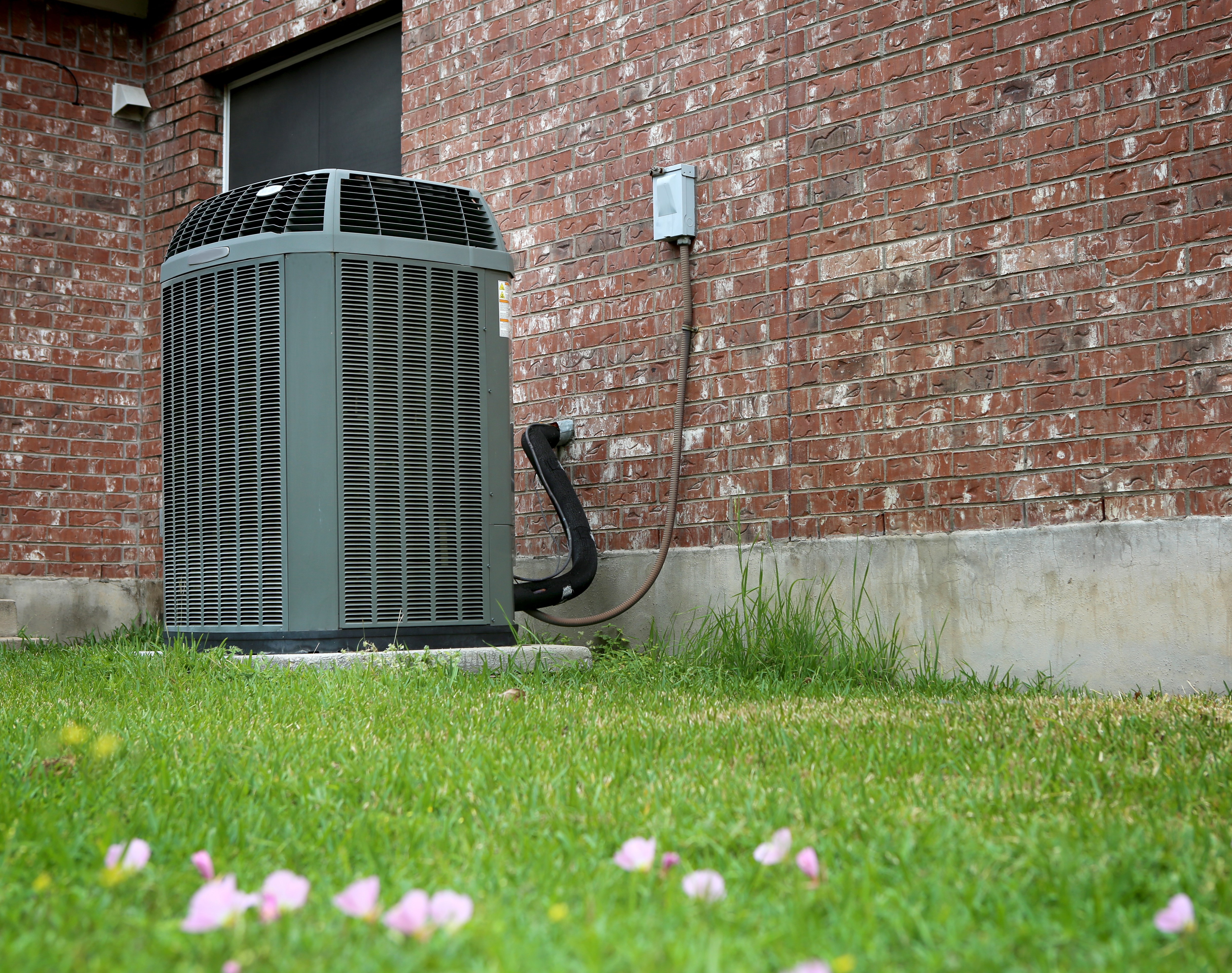Good communication is critical anytime you interact with another person. During a business transaction, good communication is particularly invaluable. Knowing how to ask questions is a key component in communication, so when you’re looking for an HVAC contractor for installation or service, ask good questions to get the answers you’re looking for, and you’re likely to hire an expert who will get the job done right.
When talking to an HVAC contractor, it’s important to find out as much as you can about expertise, experience and quality. Here are some questions to get you started:
How long has your business been in operation? Asking about longevity helps to evaluate how established the business is in your area. A long-lasting business is more likely to have developed a solid reputation for quality work and stellar customer service.
What licenses and insurance do you hold? A reputable contractor will hold all of the required licenses for the state of California. At minimum, they should also carry workers’ compensation, so you’re protected should anything happen to an employee while on site. A thorough search can be done using the CSLB website. We recommend researching by both the company name and the name of the principals.
What is your specialty? If you’re having a solar water heater or radiant-floor heating installed, you want someone with vast experience doing this kind of work. Often, HVAC contractors will hold certification in areas of specialty as well.
Can you provide references? A contractor should readily and happily provide references from previous customers. Of course, it’s unlikely that a contractor will give you access to a dissatisfied customer; however, you can use references to your advantage by asking questions about their experience. Ask if the contractor was punctual, how problems were handled and what kind of customer service they experienced.
Do you offer a guarantee? A quality contractor should stand behind the work and offer a guarantee for a certain period of time, usually one year, so you have an avenue of recourse should a problem arise.







Leave a reply